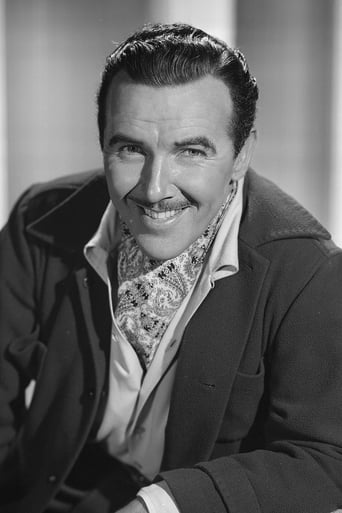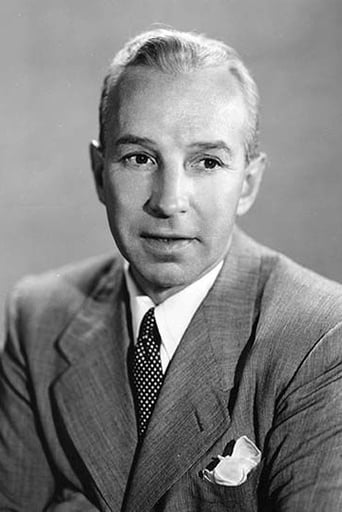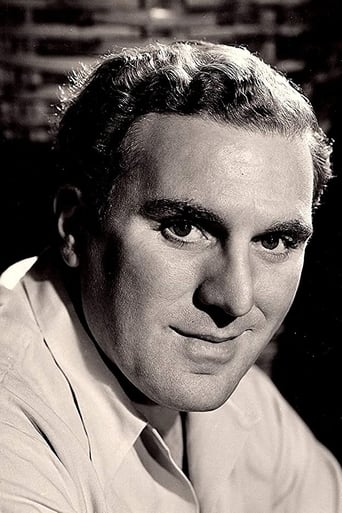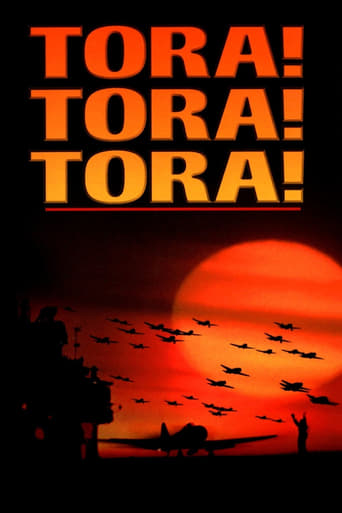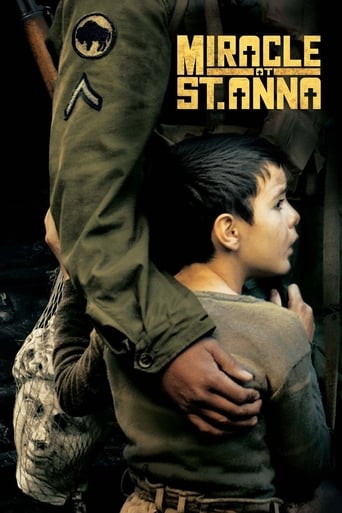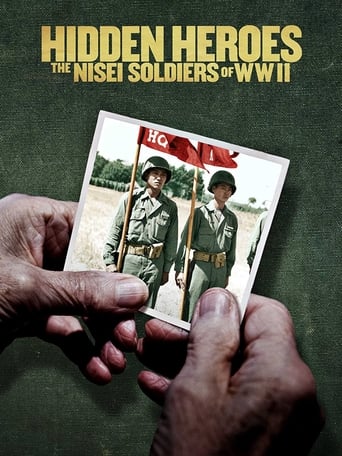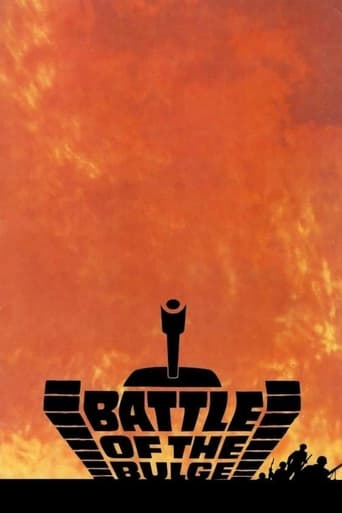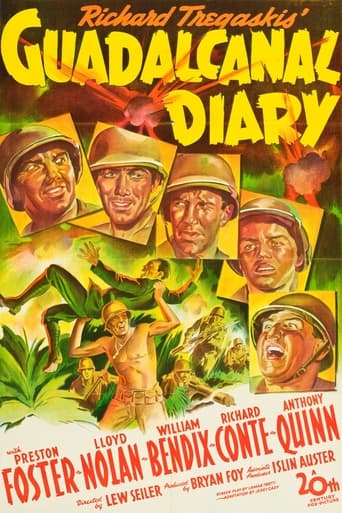
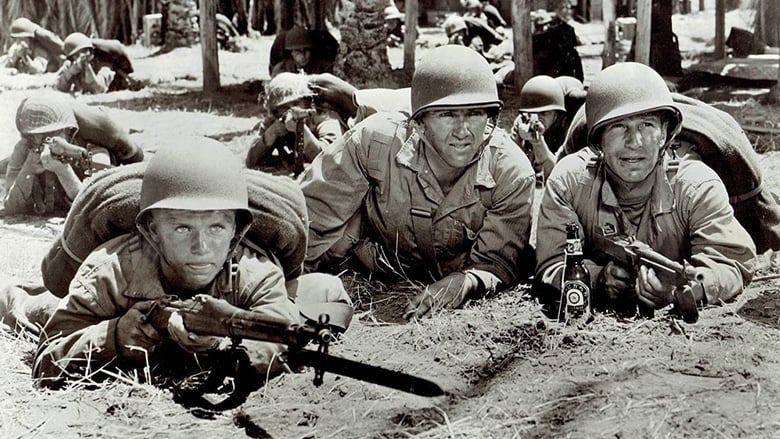
Guadalcanal Diary (1943)
Concentrating on the personal lives of those involved, a war correspondent takes us through the preparations, landing and initial campaign on Guadalcanal during WWII.
Watch Trailer
Cast
Similar titles
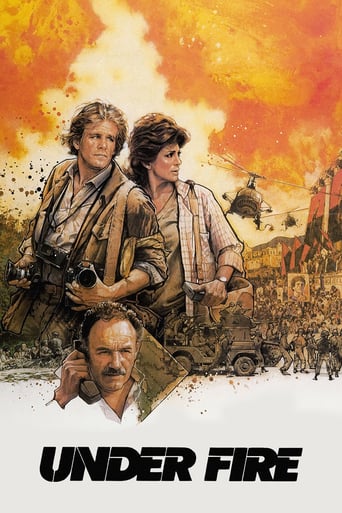
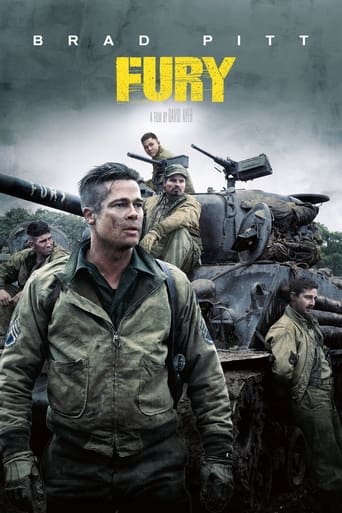
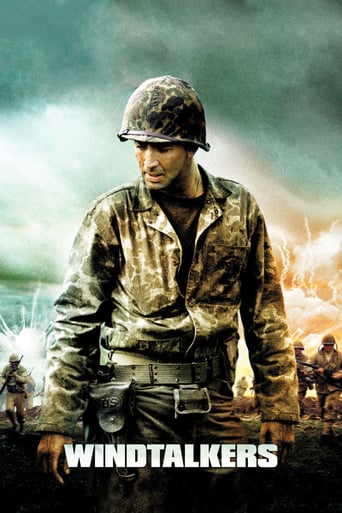
Reviews
The Worst Film Ever
Good , But It Is Overrated By Some
This is one of the best movies I’ve seen in a very long time. You have to go and see this on the big screen.
Watching it is like watching the spectacle of a class clown at their best: you laugh at their jokes, instigate their defiance, and "ooooh" when they get in trouble.
GUADALCANAL DIARY is an American WW2 movie made when the war was still in full flow. It's a surprisingly modern film in feel, with the battle sequences in particular feeling expansive and well-staged; they're chock-full of explosive action and gunfire, and they feel large budget and convincing as a result. Not bad when you consider the war effort going on at the time.The story is straightforward and, as it happens, true; a bunch of marines invade an island in the Pacific held by the Japanese and all hell breaks loose. There are many turns from famous faces like Anthony Quinn, Richard Conte, Lionel Stander, Richard Jaeckel, and William Bendix. The performances feel naturalistic and real, without any overt mannerisms or the like that can make them ring hollow. It's solid stuff throughout.
"Guadalcanal Diary" qualifies as the first American combat film about a seaborne military invasion of a Japanese-occupied island during World War II. Movies made during World War II were always patriotic and none of the enlisted men ever contemplated killing their superior officers because the latter were incompetent strategists. All of these guys get along great. The one who doesn't walks off into the jungle since he received no mail from home. Nobody is involved in the black market. Nobody utters any unpatriotic sentiments. One soldier confesses that he cannot handle the burden of Guadalcanal and hopes that God will protect him. Not surprisingly, Father Donnelly is the Marine priest who helps them out with their spiritual crises. Consequently, "Old Hickory" director Louis Seiler's movie about Guadalcanal represents a traditional American combat outing. Seiler and "In Old Chicago" scenarist Lamar Trotti chronicle the landings and life on Guadalcanal beginning when the landed in early August until late October. "Guadalcanal Diary" opens with an image of the Richard Tregaskis book atop a map of Guadalcanal in the Solomon Islands. An off-screen hand opens the book for us to read the foreword: "A new chapter in the history of America by a correspondent who landed on Guadalcanal with the first detachment of United States Marines." The action unfolds on a U.S. Navy transport somewhere in the South Pacific. The narrator informs us that it is Sunday, July 26, 1942. Soldiers are attending mass. Officers are sunning on deck, and a war correspondent (Reed Hadley of "Sky Raiders") promises a young Marine, Pvt. Johnny 'Chicken' Anderson (Richard Jaeckel of "The Dirty Dozen" in his cinematic debut) that he put his name in one of his dispatches to his newspaper. Seiler acquaints us with the Marines and the top brass. The Marines are a fun-loving variety of guys, playing musical instruments, like the harmonica, dancing foolishly with each other, reminiscing about their home life, but mostly they are curious about their destination. About ten minutes into the narrative, Col. Wallace E. Grayson (Minor Watson of "To the Shores of Tripoli"), informs everybody that they are going to invade Guadalcanal. Gunnery Sergeant Hook Malone (Lloyd Nolan of "Ice Station Zebra") not only warns them about Japanese booby-traps but also snipers.Friday August 7th arrives and our heroes prepare to leave the transport. Initially, when they wade ashore, the Marines encounter no opposition. They secure the airstrip that they were sent to occupy. Later, Colonel Grayson sends Captain James Cross (Roy Roberts of "Cripple Creek") and a squad, including Private Jesus 'Soose' Alvarez (Anthony Quinn of "The Plainsman"), to check out the Japanese held village of Matanikau. The Marines go by sea rather than through the jungle. A Japanese submarine spots them at sea and blasts away at them. Marine shore batteries respond. One of the two boats takes a hit before the shore gunners can sink the sub. Our heroes aren't out of the frying pan. Moments after they scramble up the beach and send in a patrol, the Japanese cut loose. The Japanese prisoner who told them about the village assured them that the Japanese soldiers were starving and had thrown away their weapons. One of the officers on the patrol dies and another is wounded. Alvarez is ordered in to find the dead officer, Lieutenant Thurmond (John Archer of "Sherlock Holmes in Washington") and tangles with a couple of Japanese using his close-quarters combat skills to kill them. Cross realizes that he needs to get a message back to Grayson. The first runner is picked off while the Japanese kill everybody on the beach in their shallow foxholes except three. Cross watches as the surf slosh over the dead soldiers and the last two and he make a break for the palm trees. The Japanese open fire and kill the third man. Bullets cut down Cross. Seiler stages a sentimental scene when Cross's helmet falls off and he reaches for it. We see the photograph of his wife and children before he dies. Alvarez beats a retreat and dives into the ocean with the Japanese blazing away at him.Grayson leads the Marines through the jungle and they attack the Japanese. Chicken craves a sword alongside a fallen officer. When he disobeys Hook's warning, a sniper hits him. Meanwhile, another wisecracking Marine, Private Tex Mcllvoy (Eddie Acuff of "Gallant Sons") demonstrates his marksmanship skills and knocks a sniper out of a palm tree. Tex makes turkey calling noises and drops the enemy. "Scratch one squint eye," he observes. Throughout "Guadalcanal Diary" the Japanese are referred to with belittling, racist words. Earlier, Chicken questioned Hook about the morality of killing. "It's kill or be killed," Hook replies and then notes that the Japanese enemy are not people. Later, the Japan bomb Guadalcanal and send our boys into their foxholes. Eventually, the Army shows up to relieve the Marines after weeks and weeks of combat with no let-up and the Japanese ferrying in troops from nearby islands. At 65 minutes into the action, Captain Don Davis (Richard Conte of "The Godfather") leads a patrol to fight the Japanese holed up in caves. They clear the terrain above the caves and hurl satchel charges into a cave crowded with armed Japanese soldiers. The narration gets a bit heavy-handed at times. "Boys with the memories of death in their eyes" drones Hadley. For the record, Alveraz dies, but Chicken learns how to play possum and then get the drop on three Japanese soldiers and kill them. "Guadalcanal Diary" depicts the Japanese as a ruthless, tricky enemy. Director Seiler keeps them at arm's length so we never get to learn much about them except that they are thoroughly treacherous. "Guadalcanal Diary" concludes with another offensive against the Japanese on the South Seas Island.
Considering that this was a WWII movie released in 1943,while the war was still going and a ways from being resolved,this movie was probably as effective and convincing as you were going to get for the period. Certainly,given the state of the nation's need to keep the national morale up for the war effort,anything too graphic or too gritty would(besides probably raise the dander of the censorship standards of the day)probably would've deflated the efforts to get stateside citizenry to buying war bonds,cutting usage of certain products(metals come first to mind)and probably would've helped undercut the Roosevelt administrations efforts to keep the war push at the rate it was going. If it's too soft,it becomes mostly jingoistic and loses just about all of the entertainment value it could possibly have. Fortunately(perhaps by design,maybe not),the makers of this movie were able to strike the right--if perhaps unremarkable--balance.Being a grandchild of the generations being showcased here(erstwhile known by some as "The Greatest Generation"),I have only stories told or written about the two theaters of war effort,not to mention the movies. Of course,as more years would pass between the conclusion of that war,the movies that would be made(many of them sprung from books)would become grittier,harsher,a little less glossy or idealistic,and ultimately,more graphically violent. THerefore,I(And I'm guessing many of my generation)could view this movie somewhat jadedly: the dialog is so simple and full of gaps that it almost feels like it could be parodied on Mystery Science Theatre 3000,add in the fact that many of the "kills" and soldiers dropping dead are noticeably staged and forced looking and you have a film that might have a hard time being instantly compelling to people who've seen things ranging from The Great EScape to Saving Private Ryan. Still,there ARE saving graces to this movie that make it stand the test of time:--The earnest and no-nonsense portrayal of battle and the basic emotions between MArines,from deployment aboard a battleship carrier,right on through the two month battle to claim and seal off the island,is honest enough that anyone who's been through battle,known someone who has been(or still is)at war can feel some common relationship with the characters in the film. Some poignant lines are spoken by the perceived comic relief of the film(a brash,slightly dense private from Brooklyn played by luggish William Bendix)and the wise yet quietly strong chaplain(Preston Brooks),among others,to give this film some heft and--The battle scenes are concise and tight,showcasing plenty of gunfire,explosions,bombings and other various forms of combat violence WITHOUT being tedious or trivial. They are not neat,pretty or always with the desirable outcomes,but they are neither futile nor random.MOst of the characters here seem like composites,no doubt probably an amalgam of (Mostly)young MArines and Army men that script co-writer(with Lamar Trotti) and book source writer Richard Tregaskis met while covering the Pacific Theatre of Operations in the war. I imagine there was pressure on the studio and director Lewis Seiler to crank out this film as fast as possible to stoke the fires of stateside interest in the war effort,so if the finished product doesn't exactly shine,I think he and the people making this movie can be forgiven. All in all,this is a film to recommend for those who are curious about movies set around WWII,particularly films about it that are IN the moment,when America was only able to have so much perspective on it.
Like BATAAN and WAKE ISLAND, GUADALCANAL DIARY is another of the many gripping war films that captured attention during WWII, complete with narration by Reed Hadley as the war correspondent telling the story of how U.S. Marines fought and died at Guadalcanal. At first, the marines met no resistance since the Japanese had scattered, but soon the battles became fierce and the war drama deepens.A stalwart cast of players gives life to the many characters, some stereotypes to be sure, but vivid, nonetheless. Interesting how RICHARD JAECKEL managed to be in just about every war film ever made during the '40s and well into future decades, still keeping his fresh-faced appeal as a baby-faced Marine. PRESTON FOSTER is the leader here, filling the sort of role usually held by Brian Donlevy, and the assorted cast members include ANTHONY QUINN, LLOYD NOLAN, RICHARD CONTE, RALPH BYRD and the ever present WILLIAM BENDIX as the guy from Brooklyn.There's plenty to admire about the gritty and realistic battles and the overall quality of the performances, and sure, it's propaganda, the kind America needed at the time to keep morale high during the war, but it's well worth watching as a reminder of the sacrifices all these men made on behalf of our freedom today.Trivia note: Just read Christopher Mulrooney's review of this film and you have to wonder what planet he's coming from.
